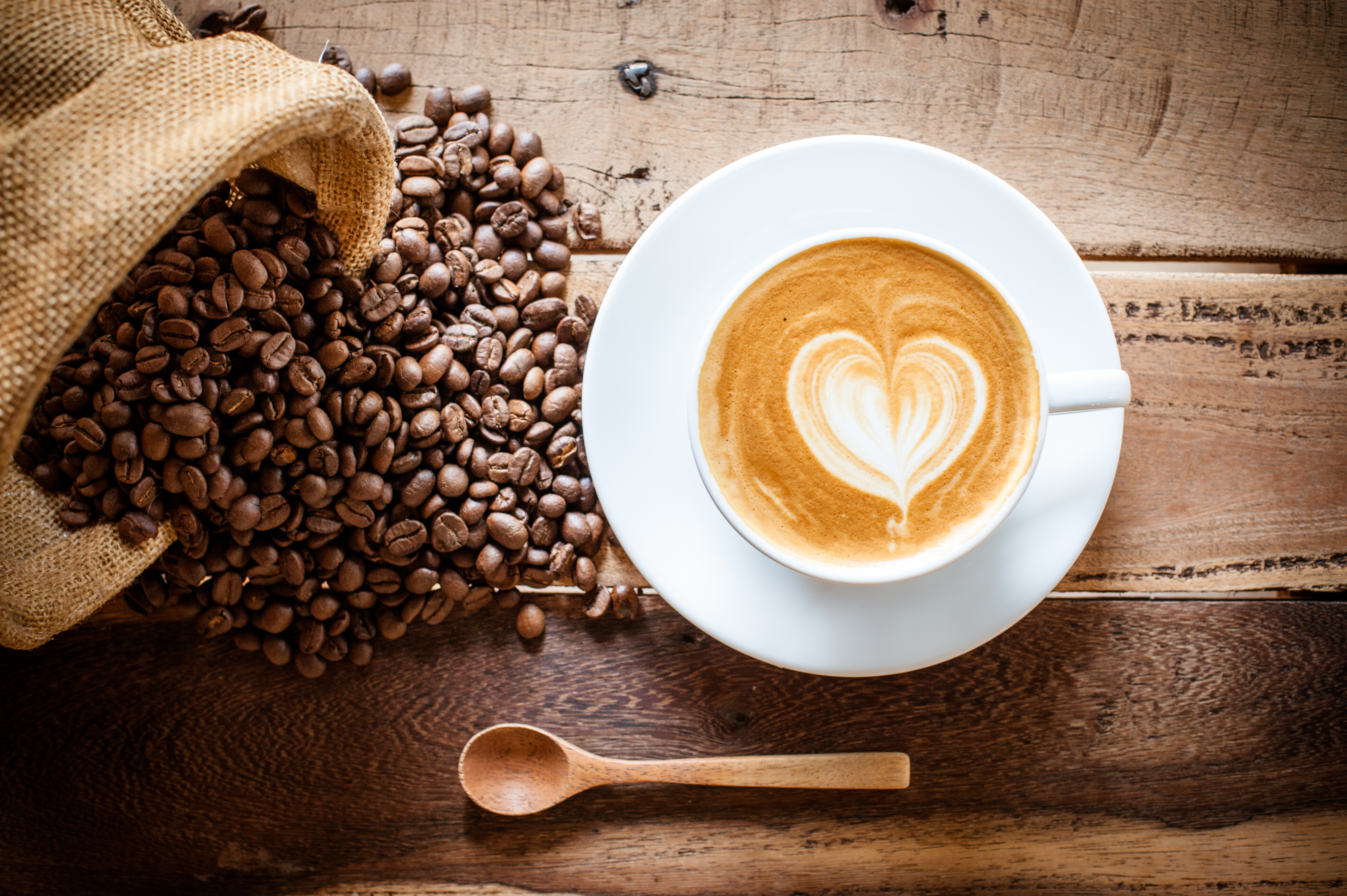Some will say that all cravings are bad.
Some would say that our emotions should never influence what we eat or drink.
Some would say that we shouldn’t drink coffee (bite your tongues off! 😋)
I say,
No one is perfect.
It is natural to have food cravings (like my morning cup of bliss); that doesn’t make us weak.
Our emotions may influence our choices (when I am irritable, excited, grumpy, delighted, sad…you get the idea, coffee makes me happier); but that isn’t always a bad thing.
Coffee was created as the almost perfect beverage and it should be revered and worshiped and drank regularly…ok, maybe that is taking it a bit far. But I do LOVE my coffee and it does have health benefits.
That said, I do understand the confusion. There are so many conflicting messages out there regarding coffee.
Here are the facts:
Although all coffee comes from the seeds of the coffee cherry fruit, the degree of roasting, the filtration method, caffeination level and addition of flavor enhancers influence the health effects of coffee. Our own DNA and gut microbiome will also affect our personal response to the more than 1,000 compounds in the beans that can have beneficial antioxidant, anti-inflammatory and anticancer properties.
So, what does the research say? For the most part, the research is quite positive and shows that drinking coffee is associated with a lower risk of death from any cause. Caffeinated coffee was associated with a reduced risk of cancer, specifically prostate, endometrial, oral, liver and leukemia. The caffeinated version is also linked with lower risk of Parkinson’s disease, Alzheimer’s and depression. In addition, any coffee was shown to decrease your risk of developing type 2 diabetes, benefit the liver and reduce the risk of gallstones.
On the flip side, coffee is not recommended during pregnancy as it has been associated with an increased risk of low birth weight and miscarriage. It may also increase a woman’s risk of bone fractures. So, if you are a regular consumer, be sure your calcium and Vitamin D intake is sufficient.
Many people assume that coffee is not ‘good for the heart’, however the studies show that coffee drinkers have a lower risk of death from cardiovascular disease and coronary heart disease. People with uncontrolled high blood pressure, however, should avoid high amounts of caffeine.
What else impacts the health benefits of coffee? Unfiltered coffee or coffee that does not pass through a filter and comes into direct contact with hot water for a longer period of time, has been shown to elevate cholesterol and triglyceride levels. This includes boiled, Turkish, and French press coffee. Espresso falls somewhere in between the traditional filtered American coffee and unfiltered coffee. In addition, the ingredients you add to your coffee will also impact its nutrient profile. While dairy can add protein and calcium; sugar, artificial sweeteners and syrups can add additional calories, fats or processed ingredients.
What does that mean for you? If you enjoy your coffee as much as I do and you primarily drink filtered varieties with limited add-ins, ENJOY IT WITHOUT THE GUILT! If you have high blood pressure, severe acid reflux or IBS, are pregnant or consume primarily unfiltered or espresso-based drinks, you may want to limit the amount you drink.
When in doubt, go to the trusted source.
Ask your Registered Dietitian Nutritionist Ask Me!





